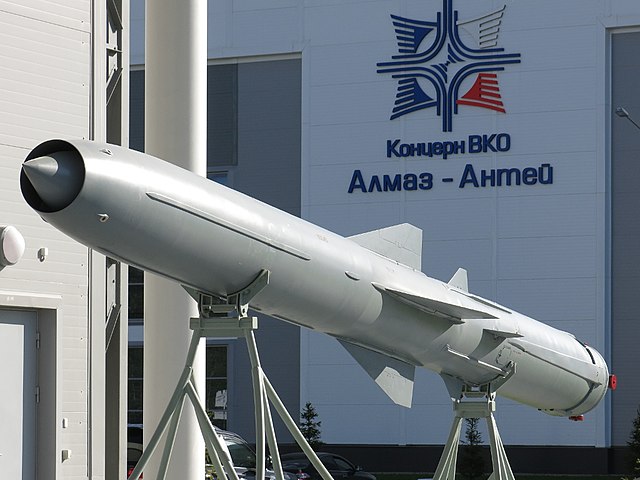(VIDEO) Iran Accused of Assisting Houthis in Acquiring P-800 Oniks Anti-Ship Missiles
(VIDEO) The use of Russian-made P-800 Oniks missiles by the Houthi group would also pose a significant threat to U.S. and allied warships patrolling the Red Sea, where they provide security for commercial vessels navigating those waters.
(DEFENCE SECURITY ASIA) – Iran is reportedly assisting Yemen’s Houthi rebel group in acquiring Russian-made P-800 Oniks anti-ship missiles, enabling them to target Western commercial vessels sailing in the Red Sea more effectively and accurately.
Citing intelligence sources, Reuters claims that Iran has acted as an intermediary in negotiations between Russia and the Houthis to ensure the dangerous anti-ship missiles are supplied to the rebel fighters.
“Russia is negotiating with the Houthis to transfer P-800 Oniks (Yakhont) anti-ship missiles. Iran is facilitating these meetings but wishes to keep its involvement undisclosed,” said the Western intelligence source.
So far, no evidence has emerged confirming that the Houthis have received the Russian-made P-800 Oniks missiles.
However, the potential use of these missiles by the Houthi forces poses a significant threat to U.S. and allied warships patrolling the Red Sea, which provide security for commercial vessels in the area.
Video Player
00:00
00:00
According to Reuters, Russian and Houthi officials have allegedly met several times in Tehran to discuss plans for the deployment of the P-800 Oniks anti-ship missiles.
Further meetings between the two sides are reportedly being arranged under Iranian coordination, the news agency added.
U.S. security officials, quoted by Reuters, described the potential transfer of Russian-made P-800 Oniks missiles to the Houthis as “highly concerning.”
The officials warned that any effort to enhance the Houthis’ capabilities would jeopardize international maritime freedom in the Red Sea and overall security in the Middle East.
In response to the influx of modern and lethal U.S. weaponry into Ukraine, President Putin has warned that Moscow will reciprocate by supplying arms to countries and groups hostile to Washington.

Recently, the U.S. ramped up military aid to Ukraine by providing short-range “ATACMS” missiles, which Kyiv has used to strike Russian positions in Crimea.
The P-800 Oniks missile flies at low altitude (sea-skimming), only 10 to 15 meters above the surface, to evade radar detection. It can strike targets over 300 kilometers away.
Initially developed in 1993, the missile has several upgraded variants that make it more dangerous and difficult to intercept.
Late last year, Hezbollah leader Sheikh Hassan Nasrallah warned the U.S. that the group possessed “something” for American warships deployed in the Middle East to “protect” Israel.
Nasrallah did not specify what he meant, but Lebanese sources revealed that Hezbollah now has significantly enhanced anti-ship missile capabilities.
“We have prepared something for the warships threatening us,” Hassan said.




Comments are closed.